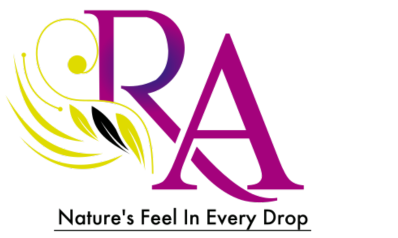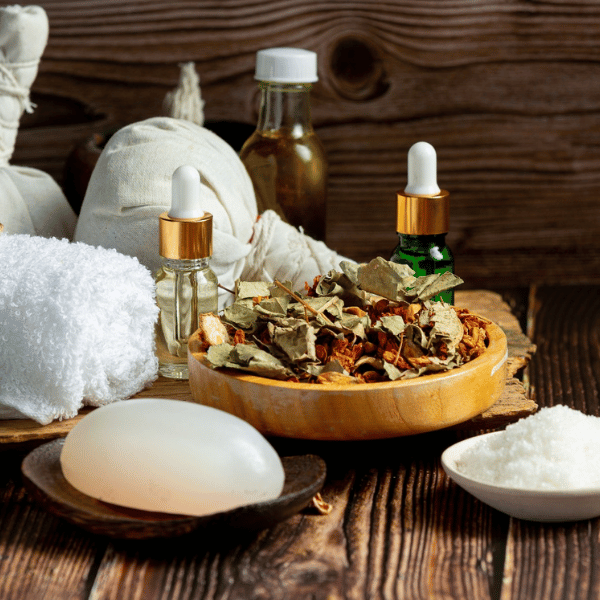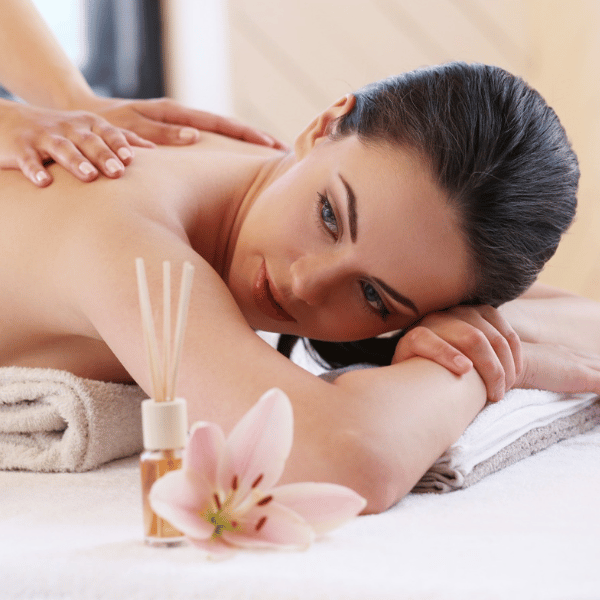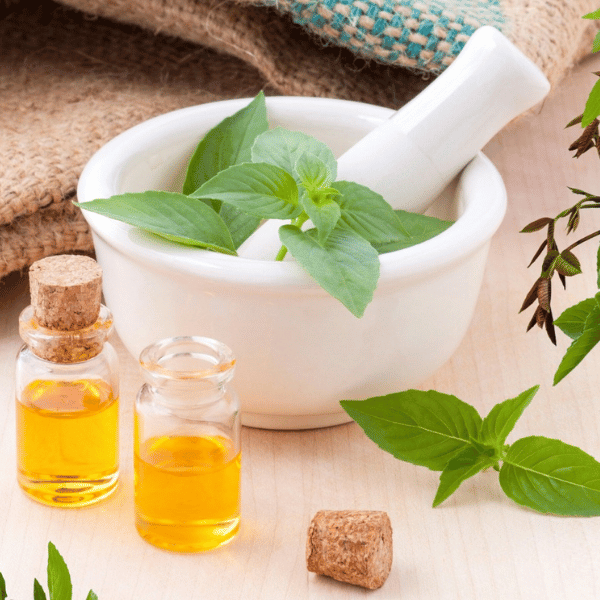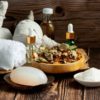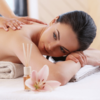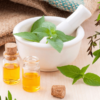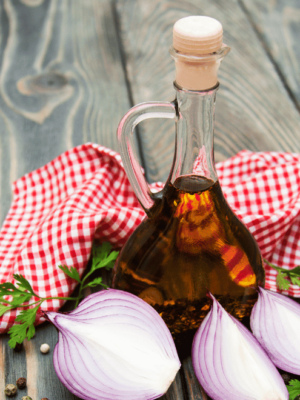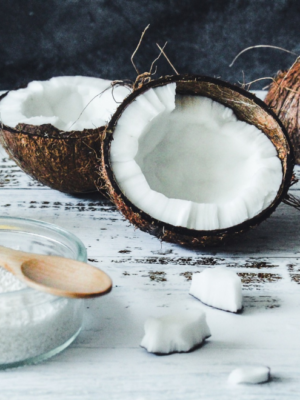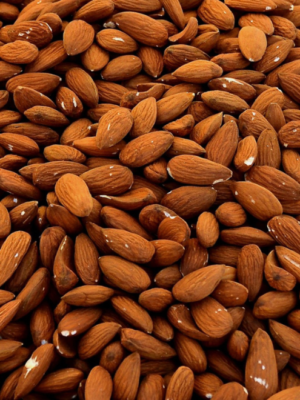Description
Aromatherapy works through the sense of smell and skin absorption using products such as these:
- diffusers
- aromatic spritzers
- inhalers
- bathing salts
- body oils, creams, or lotions for massage or topical application
- facial steamers
- hot and cold compresses
- clay masks
You can use these alone or in any combination.
There are nearly one hundred types of essential oils available. Generally, people use the most popular oils.
Essential oils are available online, in health food stores, and in some regular supermarkets. It’s important to buy from a reputable producer since the oils aren’t regulated by the FDA. This ensures you’re buying a quality product that is 100 percent natural. It shouldn’t contain any additives or synthetic ingredients.
Unproven claims
Scientific evidence for aromatherapy is considered to be limited in some areas. Research to support the use of aromatherapy in treating Alzheimer’s disease, Parkinson’s disease, and heart disease is lacking.
Conditions it may treat
Aromatherapy has the potential to treat many conditions, including:
- asthma
- insomnia
- fatigue
- depressionTrusted Source
- inflammation
- peripheral neuropathy
- menstrual issues
- alopecia
- cancer
- erectile dysfunction
- arthritis
- menopause
- Most popular aromatherapy oils
According to the National Association for Holistic Aromatherapy, the most popular essential oils are:
- clary sage
- cypress
- eucalyptus
- fennel
- geranium
- ginger
- helichrysum
- lavender
- lemon
- lemongrass
- mandarin
- neroli
- patchouli
- peppermint
- Roman chamomile
- rose
- rosemary
- tea tree
- vetiver
- ylang ylang
You can use essential oils in any number of ways. For example, add them to body lotions or carrier oils, and then apply them topically. Try enhancing a facial toner, shampoo, or conditioner with essential oils. Or incorporate them into liquid soap, toothpaste, or mouthwash. You can also diffuse or spritz the oils throughout a room or pour them into a bath.
